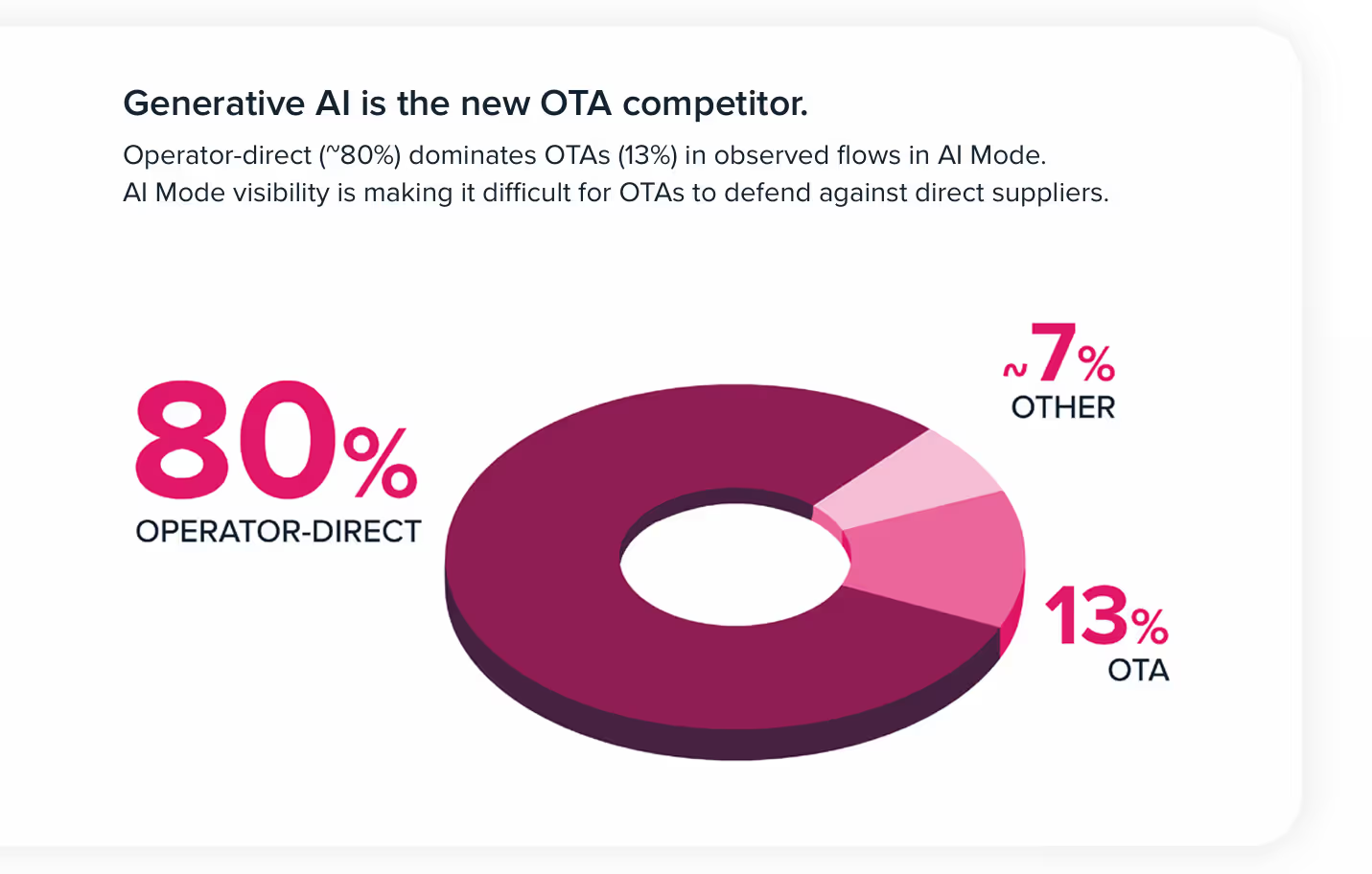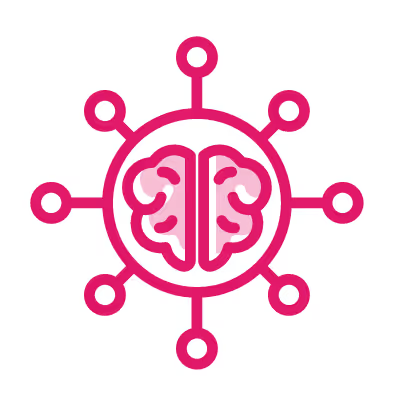Key takeaways

Google business profiles are the new “above the fold.”
More than a local business listing, a Google Business Profile is a travel storefront and a go-to information resource. When a local pack or inline link is clicked and opens a Google Business Profile, users dive into photos, reviews, pricing, and the website.
Conversations replace keyword searches.
AI Mode accelerated the shift from short, fairly generic search prompts to longer, more specific chat prompts that turn into full-blow conversations. Travel brands need to adapt to become part of the conversation and win bookings.


People trust information from AI.
With post-task accuracy trust ratings exceeding 4.3 out of 5, consumers expressed confidence in the information generated in AI Mode. Travel brands with AI visibility and valuable, relevant content inherit that trust.

AI Mode is the travel planning concierge.
Users spent significantly more time in AI Mode on planning tasks (average ~104 seconds) than booking tasks (average ~38 seconds). Users linger, explore, and compare options in AI but move quickly to book elsewhere once they’ve made a decision.

